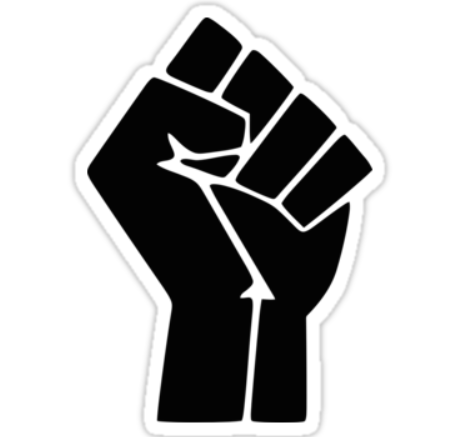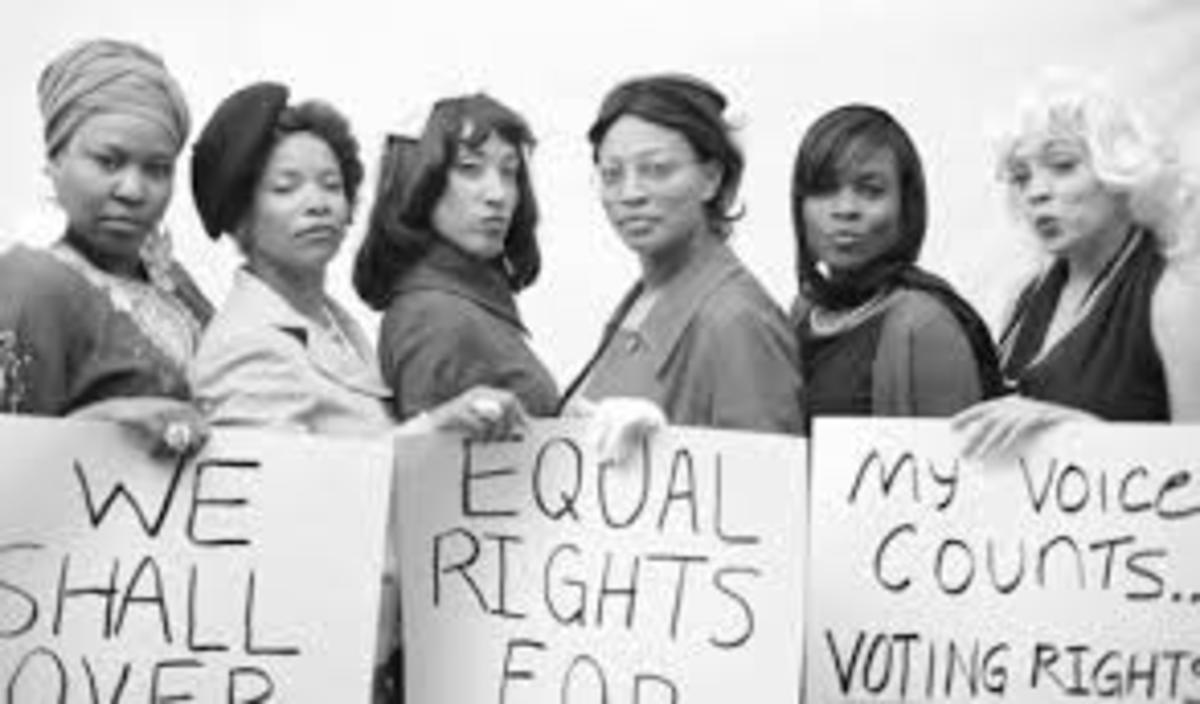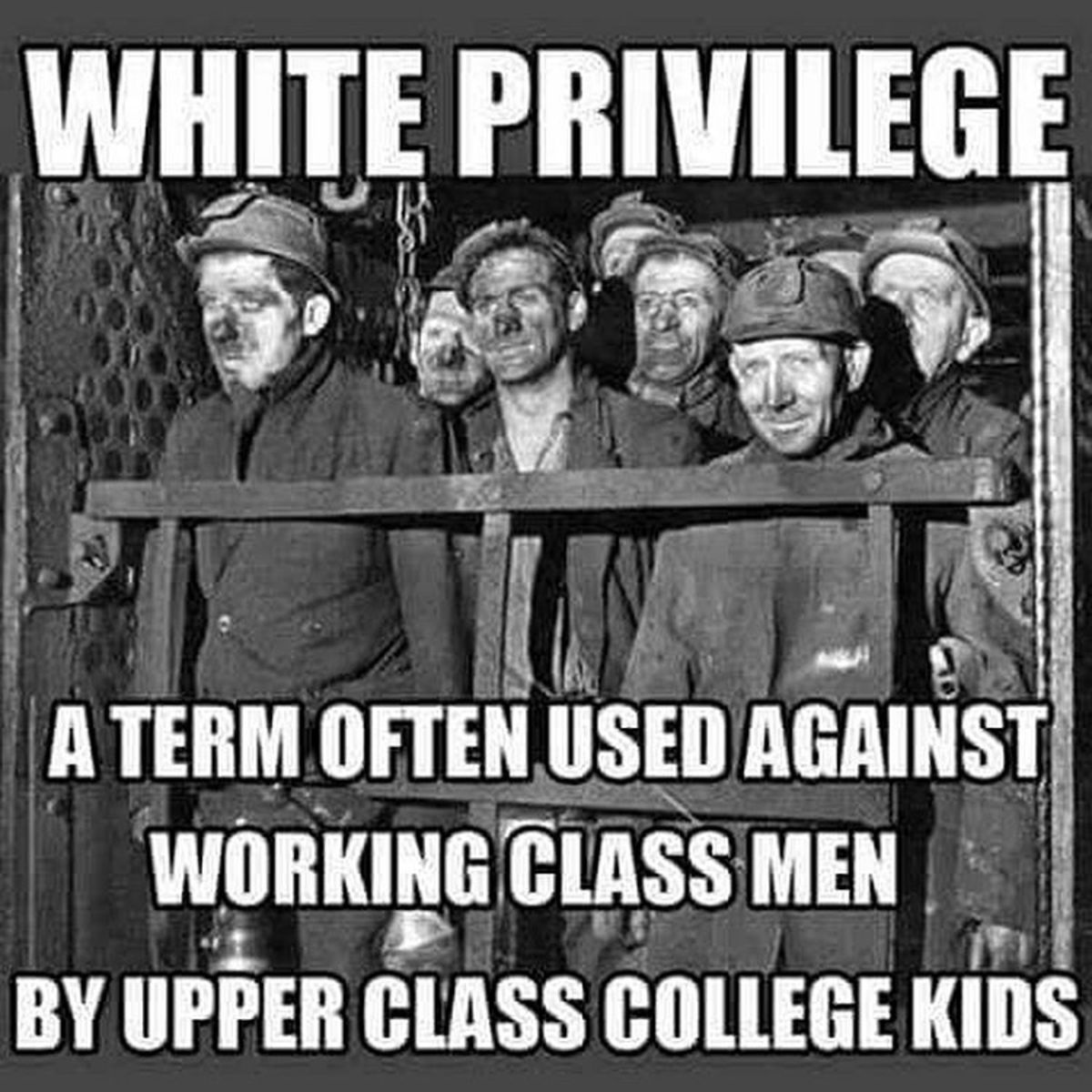Are Social Justice Movements Going Too Far?
Social Justice in History and Now, What has Changed
Social justice movements are not a new concept, in fact they have been around since the beginning of humankind. From ancient times to the present, there has been many social justice movements stemming from different issues but all with the same goal, achieving and defending human rights. One social justice movement in American history is the Women's Suffrage Movement in the 1920s. After the Civil War, former slaves were granted constitutional rights with the ratification of the 14th and 15th amendments. However, the 15th amendment only gave Black MEN the right to vote. Women, regardless of race, were still denied. With this frustration, and following America's involvement in WWI, women united to fight for the right to vote. With many protests, demands, speeches, and civil unrest, Congress and the President finally approved in granting all women the right to vote with the ratification of the 20th amendment.
In the year 2020, there are also many movements following a similar path in fighting for social justice. One prominent movement is the Black Lives Matter Movement, which is a movement that was created out of reaction to the murder of Black teenager, Trayvon Martin. The entire purpose of this movement is to draw attention to many systems that were designed to bring down Black Americans such as Mass Incarceration, War on Drugs, Redlining, Gerrymandering, and the All Lives Matter Movement. Unlike the Women's Suffrage Movement, that was fighting for a group of people having their rights denied, BLM is promoting a call to action to abolish or remake systems that promote racially motivated systems that deny the progression of BIPOC communities. This is where many of the criticism of the BLM comes in because the motivation of its fight does not align with other fights made in history.

Why BLM is Receiving a lot of Hate
On Twitter and Instagram I have seen a lot of criticism towards BLM. One common theme I have seen is that many are saying that BIPOC are not having their rights being denied from them. In simple terms, people are saying that America has reached a state of equality where everyone is being treated equally regardless of personal characteristics such as race/ethnicity, gender, religion, sexual identity, sexual orientation, or citizenship status. While is is true that America has reached a state of equality, it has not reached a state of equity.
Equity, by definition, is the fair representation and treatment for all. If you think that this is the same as equality, then you are gravely mistaken. What makes these two things different is the implementation of fairness. Here is an example, there are three men all differing in height. One man is 6 feet tall, another is 5 feet tall and the other is 4 feet tall. They are all trying to reach apples in a tree that is 7 feet tall, however they need some assistance. They are all given a box that is a foot tall to assist them in trying to reach the apples in the tree. The man who is 6 feet tall can reach the apples with no issue, but the other two men are still too short to reach the apples. This is the equality approach, where each man is given the same assistance to have access to a goal but does not address the other barriers that exist. The equity approach would like this, the man who is 5 feet tall is given a box that is two feet tall and the man who is 4 feet tall is given a box that is 3 feet tall while the man who is 6 feet tall is given the one foot box. With the men being given these boxes that will accommodate their height differences, they will all be able to reach the apples with no issue. This is what equity is, it attempts to make this idea of fairness a reality by addressing more than one issue a person or group of people may be facing.
Equity has been implemented in systems here in the US as well. One example is affirmative action, where BIPOC communities are given an extra boost in the job world and the college admissions process. Not only has equity been applied for racial groups, it has also addressed the needs of low income families as well by giving them food stamps, welfare, and unemployment benefits as well. Even though equity has been seen in the US, it is not as prevalent as equality.
Equity is often seen as a radicalized idea from the Left and it promotes the idea of socialism and communism. BLM, a movement that fights for racial equity, is being criticized for trying to "implement" ideas of communism in a capitalist nation. However, this is far from true. Equity is not the implementation of communism and it does not try to hinder the individual rights of the citizens of the nation. Equality can solve the issue of having everyone being treated equally, but equity can solve the issue of helping communities that have been affected by the years of social injustice politically, economically, and socially.
Are Movements like BLM Going too Far?
While the criticisms of BLM are being said to promote ideas of communism in the United States, it has also been criticized for promoting violence in the streets. One main example is in the city of Minneapolis where stores such as Target were vandalized and looted by protesters. As a supporter of BLM, I do not condone nor do I mimic the actions of these rioters. However, what many people do not want to admit is that the entire movement is not composed of people rioting in the cities of the United States. In addition, some of the rioters are not supporters of BLM. Instead they are disguising themselves as protesters in order to gain the free things from outlet stores and other name brands such as Gucci. These riots have made BLM look bad yes, but it should not dictate what the movement is about.
To the initial question, no I do not think that movements like BLM are going too far. If anything, we need to support them in their cause in the fight for social justice and human rights. BLM is and always will be a symbol of Black Empowerment and my personal inspiration to fight for racial and gender equality/equity but also to fight for and defend the rights of the LGBTQ+ community as well.








